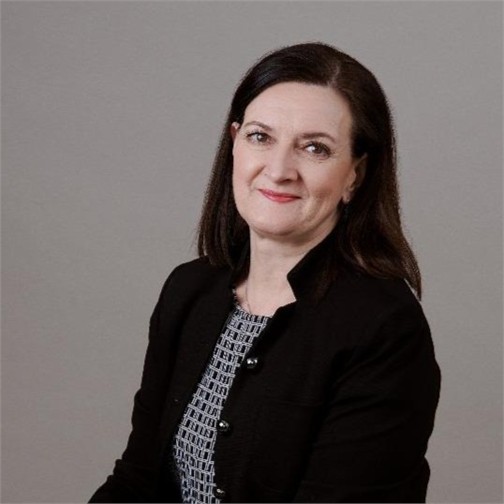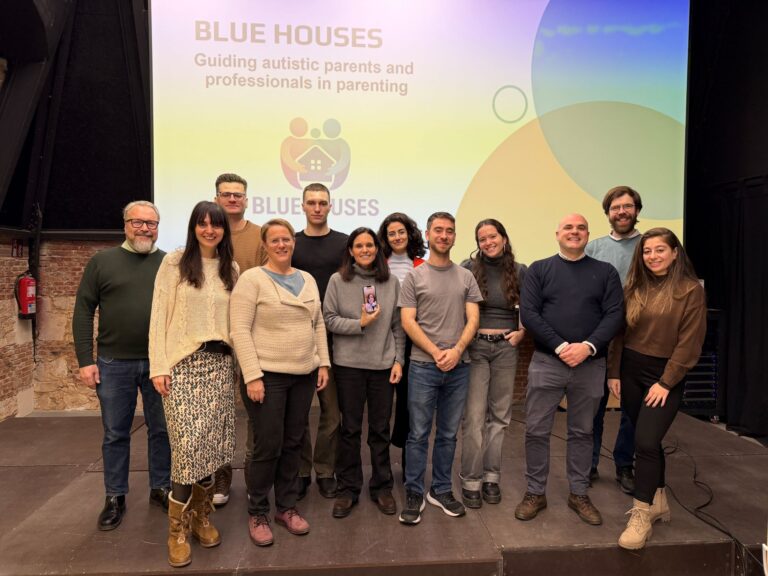European Consortium working together on creating a culture of social innovation and democratic education
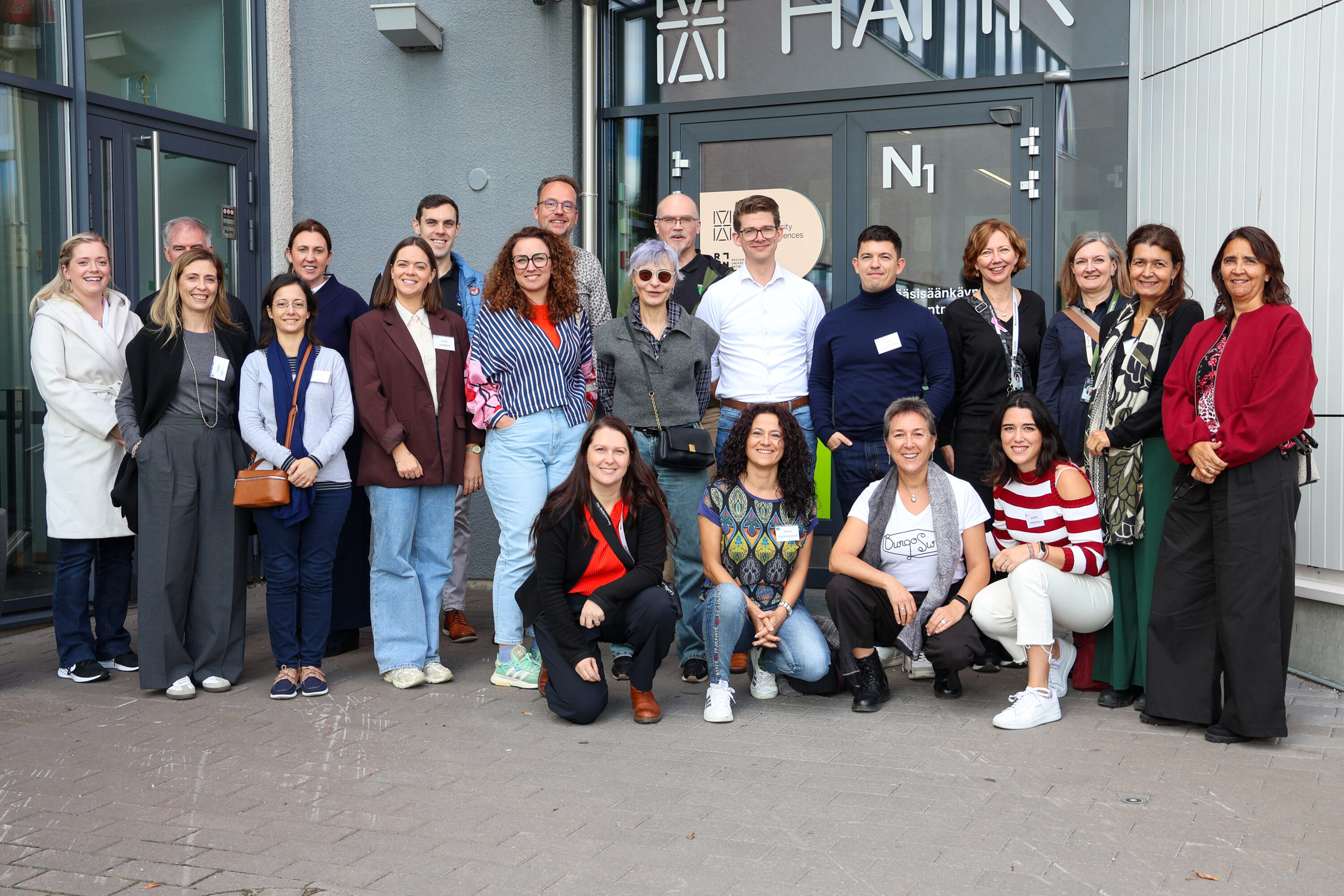
We seek to establish a European Teacher Academy that acts as a driver of transformation across educational, territorial and institutional levels, especially in regions that remain marginalised in European education networks.
The EU-SIDE (EUropean Social Innovation & Democratic Education) consortium brings together a diverse set of institutions from six European countries — Portugal, Spain, Ireland, Finland, Belgium, and the Netherlands. This covers the full spectrum of actors needed to support high-quality and democratic teacher education.
In September we met at HAMK in Hämeenlinna, for two-day workshop. One of our goals was to work together on defining social innovation competences and competence objectives related to them. The aim for this is creating a culture of social innovation and democratic education at schools from primary to VET level across Europe.
Multinational collaboration on defining social innovation competences
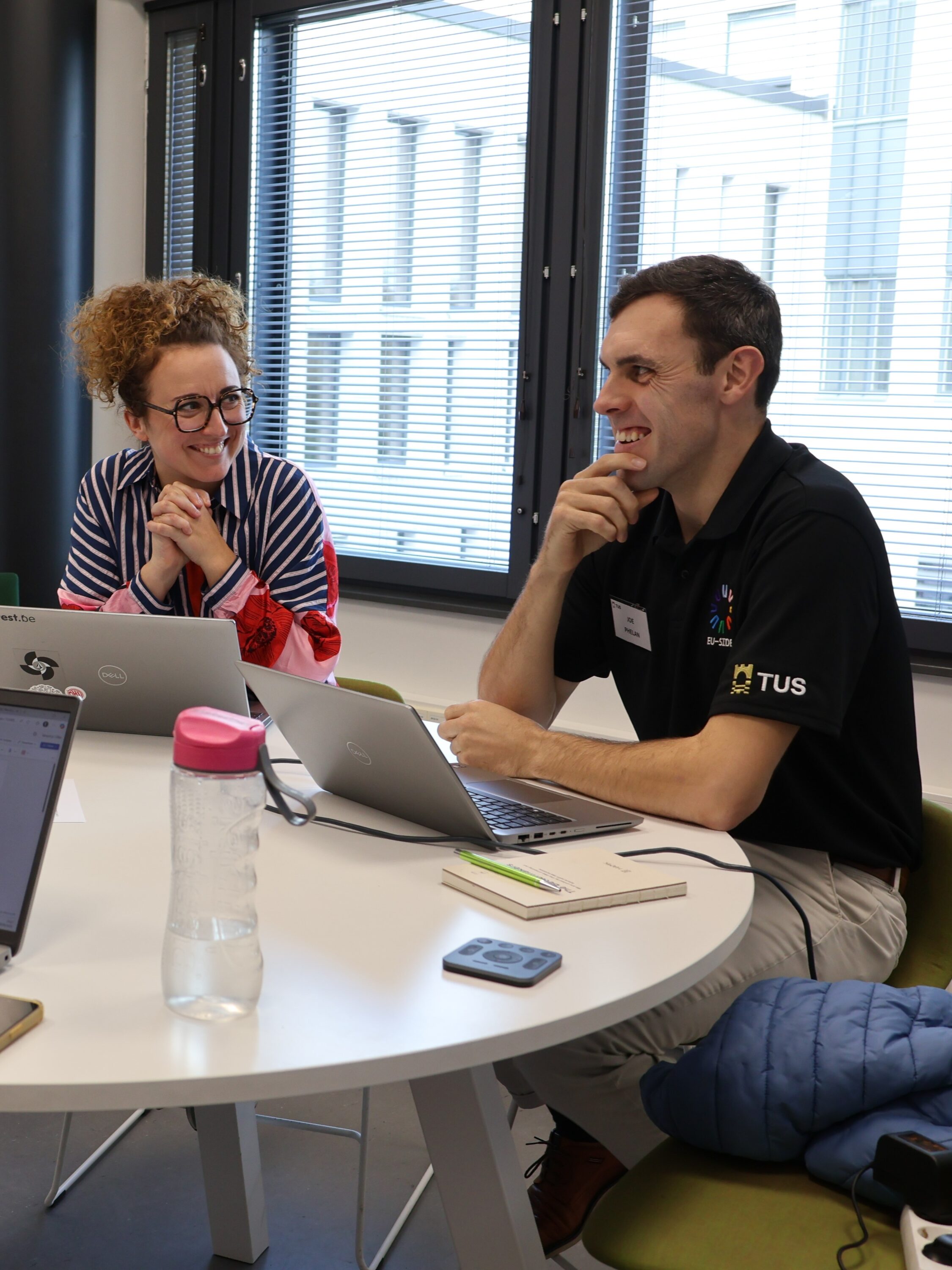
Our work began by exploring the definition of social innovation competences, a synthesis prepared by NHL Stenden and HAMK based on the outcomes of workshops and surveys conducted across partner countries. Building on this shared understanding, we then moved on to formulate competence objectives and assessment criteria for these competences at different educational levels.
In multinational small groups, the discussions were engaging and insightful, revealing both the richness of perspectives and the strong shared vision among participants. We were delighted to see how many ideas and values we had in common. Each group devoted careful attention to considering how the competence objectives evolve across the educational pathway. This was done to ensure coherence and progression.
Continuing the work towards a European Teacher Academy
Throughout the days, we reflected on how social innovation and democratic education are intertwined. Both are aiming to empower learners to participate actively, think critically, and engage responsibly in their communities.
The next phase is to work with pedagogical design principles that are used in designing learning processes. Next year, we will begin piloting the training programme incorporating networking and international mobility opportunities for in-service and pre-service teachers, from Primary to VET Education. The programme will be based on blended learning opportunities at regional, national, and international level.
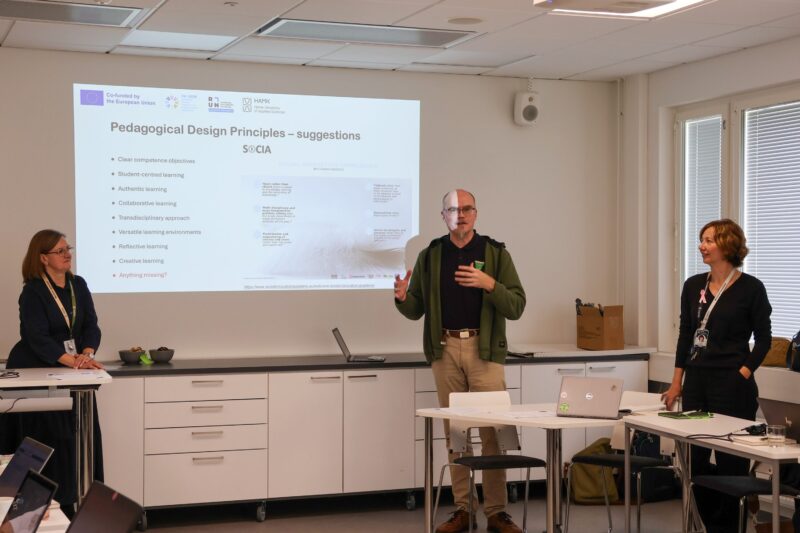
More information
The EU-SIDE project is engined by the European University RUN-EU Regional University Network, bringing together 9 partners and 30 associated schools from six EU countries, and is expected to directly reach more than 975 in-service and pre-service teachers.
The project is co-funded by the European Union.

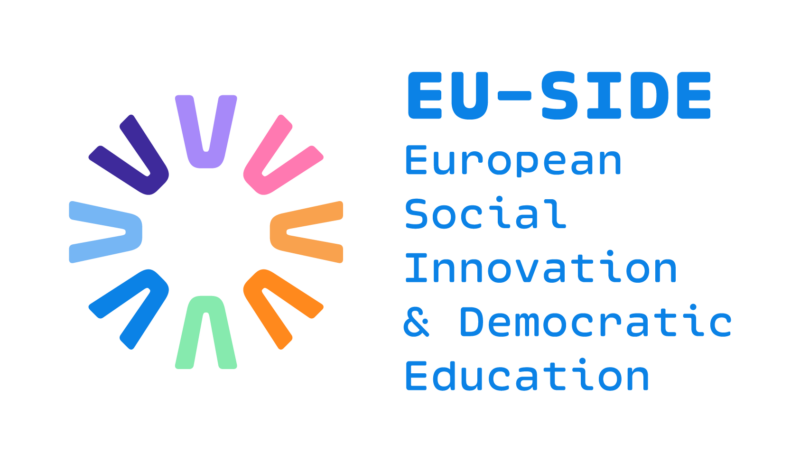
More information:
